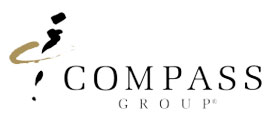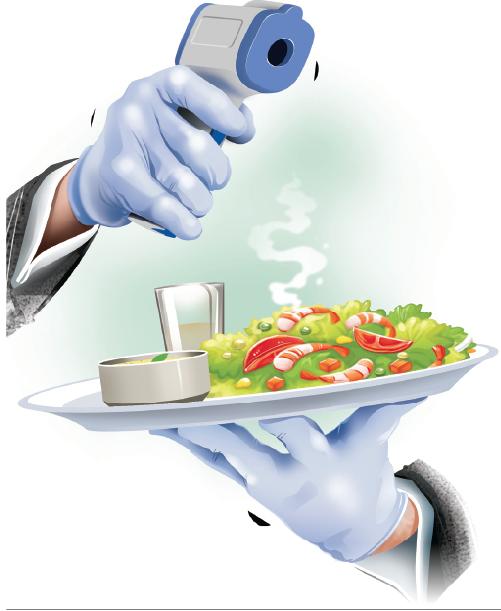HYDERABAD : The world might still be operating on a ‘work from home’ basis, but there are some segments in which employees have come back to work. People who work in sectors marked essential services, and those working in manufacturing industries are slowly adapting to offices in the ‘new normal’. The return of staff has necessitated the opening of office cafeterias.
We talk to three catering companies, which have a presence in Hyderabad, about the various measures they are taking to offer Covid-proof services to their customers. Sanjay Kumar, CEO of Elior India, says: “We cater to three main segments – corporate offices, manufacturing and educational institutions. We also have a very small presence in hospitals.In the post-Covid world, we have seen maximum recovery in the manufacturing sector.
Employees have not come back to work in the corporate offices and we do not expect them in the future.” Talking about the safety measures they are taking, Sanjay adds: “We have elaborate protocols in place to prevent Covid-19 cases at our sites. For the employees who live in accommodation provided by us, we have arranged regular doctor visits. Whenever anyone presents the symptoms, we get her/him checked for Covid-19. There are facilities for isolation, too. Among 2,500 employees, we had only three cases so far.Our kitchen staff wear PPE suits if they are in non-inflammable areas.
We also have a digital platform to ensure that our staff are not infected by our client employees. Different time slots are allotted to the diners so that physical distancing can be maintained in the cafeteria. As far as safety of food materials go, we are using the same stringent process that we were following before the pandemic.
All vegetables are graded according to size and then cleaned and washed thoroughly”.Technology has been one of the greatest catalysts in the process of adjusting to the pandemic world. Digital platforms are being increasingly used to adhere to the safety norms.Dev Amritesh, managing director for Compass Group in India, says: “We have introduced the SafeShpereTM programme, that supports organisations in taking care of the health and wellbeing of their employees. It has two digital offerings. The first is Café Pass, a mobile-based solution that helps decongest the lunch hour rush.
It limits how many people can be in a cafeteria at a time and then allows employees to choose their preferred time to eat, book their café pass and even pre-order their meal.” “The other one is OnSafe, an app that enables the implementation of social distancing protocols with real-time tracking at the workplace. OnSafe will prevent crowding in the office spaces and allow organisations to redesign spaces for optimum safety,” he adds.
Another tech-led cafeteria management company has come up with a multi-pronged approach to address these various possible channels of virus transmission. HungerBox, which has over 100 clients in Hyderabad, is providing tech-based solutions to maintain safety protocols in cafeterias, movie theatre canteens and other F&B spaces. Talking to Express, Sandipan Mitra, co-founder of the company, said: “Office cafeterias see the highest footfall between 12 pm and 2 pm, during which some 3.2 lakh currency notes are exchanged in a month.
Through our app, an employee can buy a meal which will eliminate the need of exchanging currency notes. According to MHA guidelines, cafes can operate with 50 percent capacity. If an employee books a meal after the prescribed capacity is reached, she will be asked to wait for 20 minutes. In the meantime, her meal order will be passed on to our vendor partner, who will keep the food ready. Using a QR code generated by the app, she can enter the meal section and get her food without any waiting time.” The platform also provides solutions to maintain a distance of six feet between people in the dining area.
— Kakoli Mukherjee kakoli_mukherjee@newindianexpress.com @KakoliMukherje2

